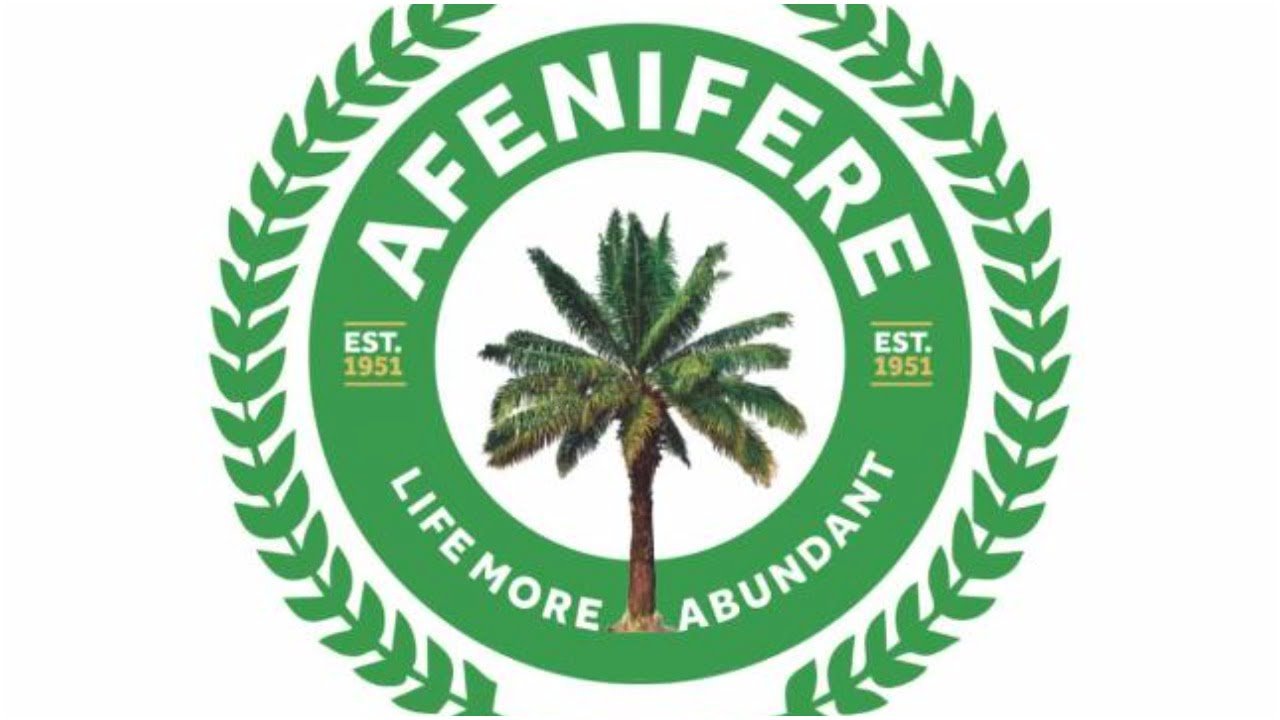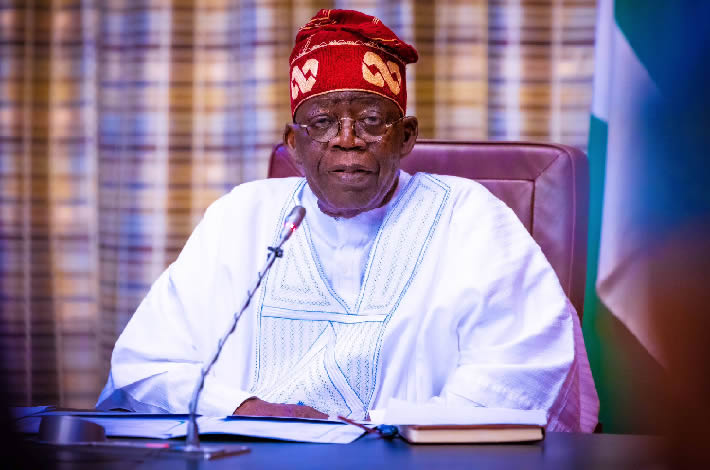Niger State Governor Reverses Dreadlocks Arrest Order Amid Public Backlash
Niger State Governor Umar Bago has rescinded his controversial directive ordering the arrest of individuals with dreadlocks, following intense criticism from the public, civil society groups, and human rights advocates.
The reversal, announced late Friday, marks a significant climbdown from a policy that had sparked widespread outrage over potential violations of personal freedoms and discrimination.
In a statement released by his office, Governor Bago acknowledged the concerns raised by Nigerians, emphasizing the need for dialogue and understanding. “After listening to the voices of our people and reflecting on the implications of my earlier directive, I have decided to withdraw the order immediately,” Bago said. “We must prioritize unity and respect for individual rights while addressing security challenges in our state.”
The original directive, issued earlier this week, instructed security agencies in Niger State to apprehend anyone sporting dreadlocks, which Bago had linked to criminal activities and a perceived threat to public order.
The governor had argued that the hairstyle was often associated with youth gangs and illicit behavior, a claim that drew immediate backlash for its broad generalizations and potential for profiling.
Critics, including prominent civil rights organizations like the Human Rights Watch and the Nigerian Bar Association, condemned the order as an infringement on constitutional rights. “This directive is not only discriminatory but also a blatant violation of the right to personal expression and dignity,” said Deji Ologun, a spokesperson for the Civil Liberties Organization.
“We commend the governor for reversing it, but this episode underscores the dangers of hasty policies that target appearances rather than actual crimes.”
Social media platforms erupted with condemnation, with hashtags like #DreadlocksAreNotACrime and #EndHairDiscrimination trending across Nigeria.
Young people, celebrities, and activists shared stories of harassment and shared images of themselves with dreadlocks, highlighting the hairstyle’s cultural significance in Nigerian society.
Dreadlocks, often worn as a fashion statement or for cultural and religious reasons, are popular among various demographics, including those in the entertainment industry and Rastafarian communities.
The backlash was not limited to online spaces. Protests were organized in major cities like Abuja and Minna, the capital of Niger State, where demonstrators called for an end to what they described as “arbitrary and oppressive” measures.
Legal experts also weighed in, warning that the directive could face court challenges for breaching Section 37 of the Nigerian Constitution, which protects the privacy of citizens.
Governor Bago’s decision to reverse the order comes amid growing scrutiny of his administration’s approach to security and youth engagement.
Niger State, located in north-central Nigeria, has grappled with issues such as banditry, kidnappings, and rural unrest, which Bago has vowed to tackle aggressively since assuming office in May 2023.
However, critics argue that targeting hairstyles distracts from addressing root causes like unemployment and poverty, which fuel criminality among young people.
In his statement, Bago pledged to focus on “more effective and inclusive strategies” to combat crime, including community outreach programs and youth empowerment initiatives. “We will work together to build a safer Niger State without compromising on the rights and freedoms of our citizens,” he added.
The reversal has been welcomed by many as a victory for civil liberties, but it has also reignited debates about the balance between security measures and individual rights in Nigeria.
As the nation continues to navigate social and economic challenges, advocates are calling for greater accountability from leaders to ensure policies do not unfairly target vulnerable groups.
This incident serves as a reminder of the power of public discourse in shaping government actions, with observers watching closely to see if similar controversies arise in other states.
For now, the people of Niger State can breathe a sigh of relief, as one contentious chapter closes and the focus shifts to more pressing issues.




